ALL THE OLD KNIVES (2022)
Two CIA operatives, and former lovers, reunite to re-examine a mission from eight years earlier in Vienna, where a fellow agent might have been compromised.

Two CIA operatives, and former lovers, reunite to re-examine a mission from eight years earlier in Vienna, where a fellow agent might have been compromised.


Janus Metz’s first narrative feature, Borg vs. McEnroe (2017), was well-received, as was Olen Steinhauer’s 2015 novel All the Old Knives. The book was itself inspired, loosely, by the 2010 BBC/Masterpiece television drama The Song of Lunch, which in turn took Christopher Reid’s poem of the same name as its starting point; so one would expect this new Amazon release to have some literary solidity and be more than a concept…
And yet concept is really all it is. All the Old Knives sets up a situation rich with potential and is structured in a way allowing for it to be examined from many different angles, but the film largely fails to exploit this. It’s not so much unsatisfactory as unsatisfying: performances are decent enough within the limitations of the writing, characters and events largely make sense even if our knowledge of them is scanty, presentation is generally clear and competent, but there’s little to excite or engage audiences.
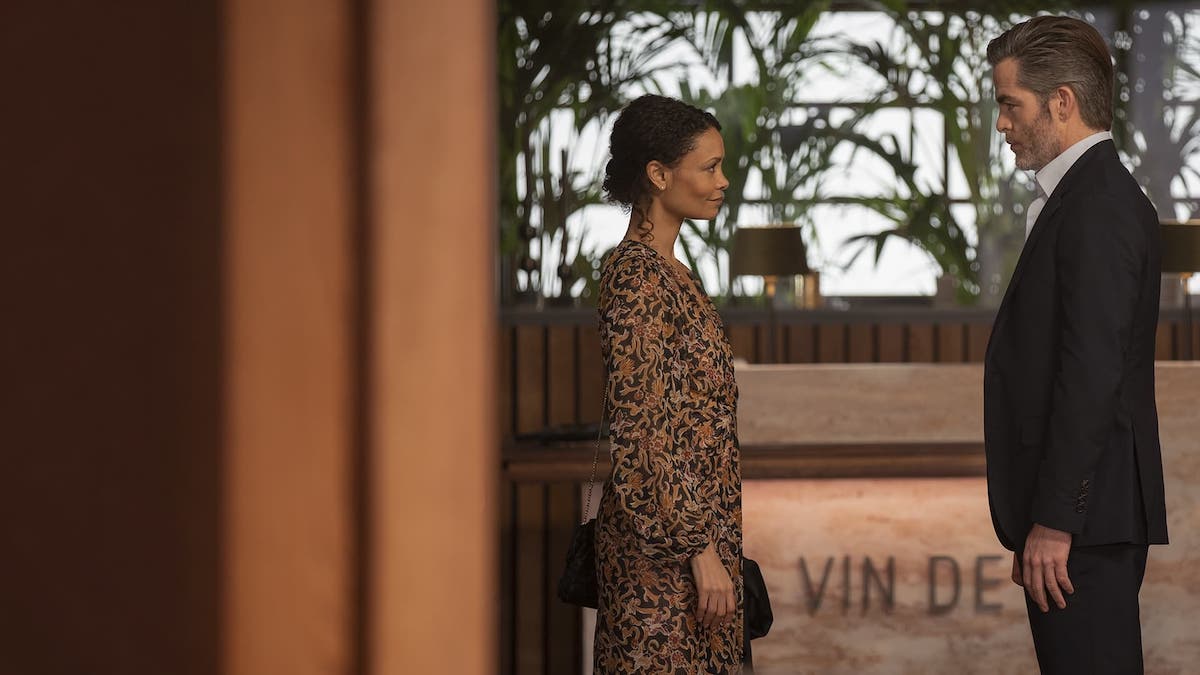
A hijacking is already underway as agent Henry Pelham (Chris Pine) wades into the CIA’s Vienna station in the film’s opening. It won’t end well for anyone—including the agency, because eight years later (roughly the present day), Henry is called in by his boss Vick Wallinger (Laurence Fishburne) to reinvestigate the incident. Neither man, it seems, has moved ahead in their careers in the interim, perhaps an indication that the hijacking has left a question mark over both their heads.
In any case, the CIA is convinced that there was a mole within the Vienna station supplying information to the hijackers (this being an American movie, naturally the role of Austrian intelligence and law enforcement in a hijacking at one of their airports is barely mentioned), and Henry is dispatched to interview two suspects: Bill Compton (Jonathan Pryce), a washed-up older agent now living in London, and Celia Harrison (Thandiwe Newton), now enjoying suburban Californian family life but previously both a fellow CIA agent and Henry’s lover.
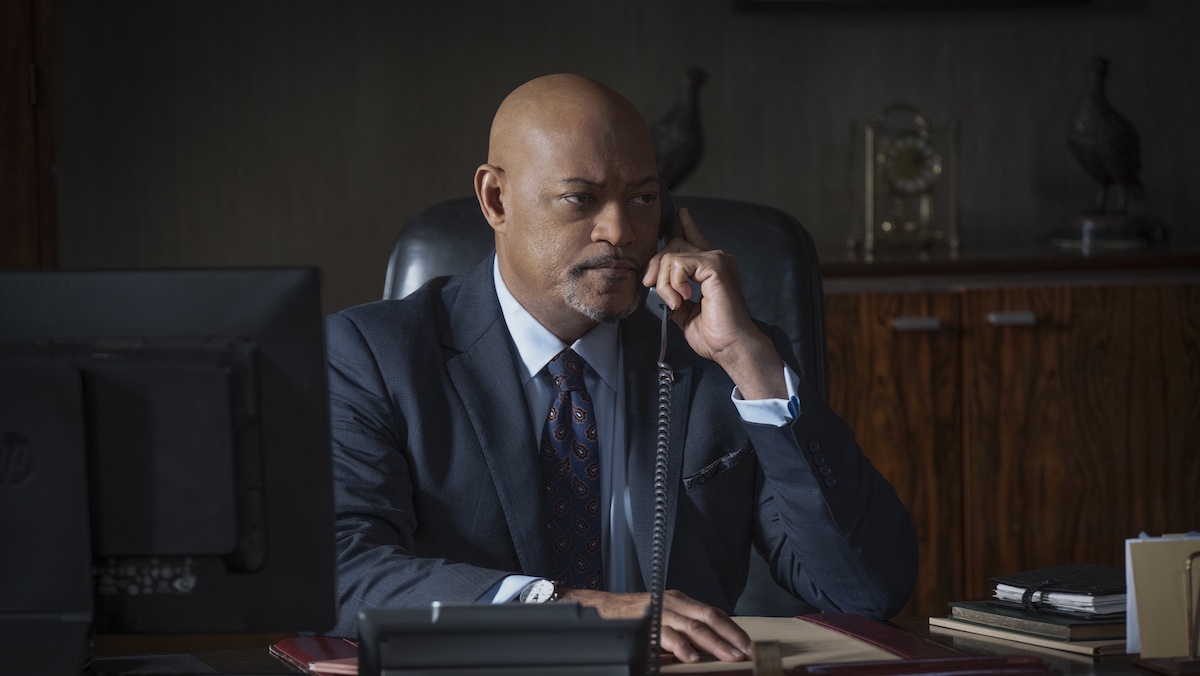
The main connecting thread of the film thereon is a conversation between Henry and Celia over a meal at a depressingly (but significantly) empty restaurant in Carmel-by-the-Sea, California; simultaneously an interrogation, a revisiting of their old affair, and perhaps a tentative rekindling of it too. From here the film cuts back and forth to Vienna eight years prior (the CIA station, the lovebirds, the cabin of the hijacked plane itself), and gradually reveals parts of the jigsaw.
None of the characters are completely unconvincing, but they all desperately lack a third dimension. With Pine in particular there’s little sense of the man beneath his startlingly immobile face (and when he does have a facial expression, it’s usually one of slight befuddlement); Newton has more depth as an actor, and tries to show it, but the screenplay holds her back. Fishburne, in the kind of role he’s played a dozen times, and particularly Pryce as embittered Bill are as watchable as always, if hardly memorable.
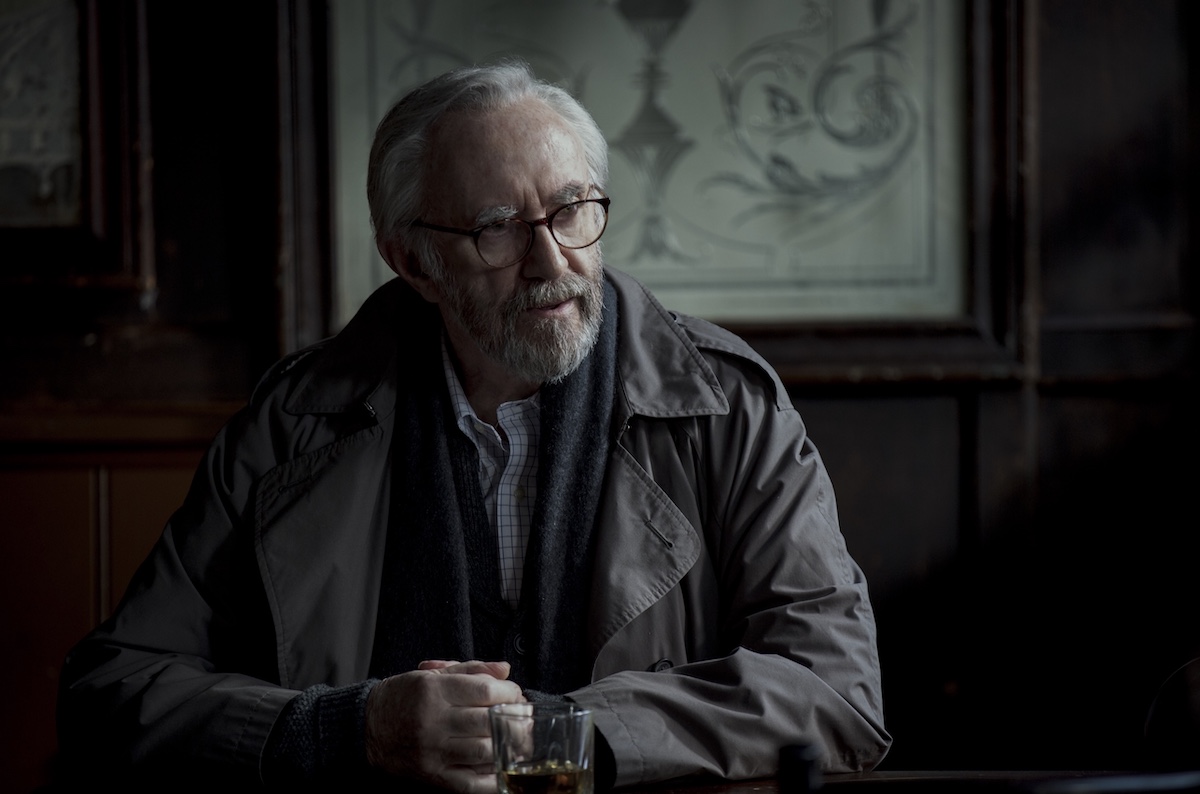
Mysteries are assembled neatly enough, some of them par for the course—who’s the man whispering to Celia in the supermarket? Why does David Dawson’s Owen, a CIA code-breaker, look so damn guilty? Indeed, why does everyone look so damn guilty?—while some of them are perhaps less intended. For example, certain central aspects of the mole-hunting operation seem implausible; and if the naming of Bill Compton’s character after one in HBO’s True Blood and the echo of a classic hijacking movie in Henry Pelham’s name are meaningful, it’s not clear why.
The final reveal is nice enough in its way, being “surprising” but also not surprising because unexpected is what one expects from a film like this. A little more problematically, an act of betrayal when unveiled doesn’t entirely make sense. But the real issue with All the Old Knives lies not in the mechanics of the puzzle, it’s that neither the solution nor the means of its discovery are interesting because the people and settings are so bland.
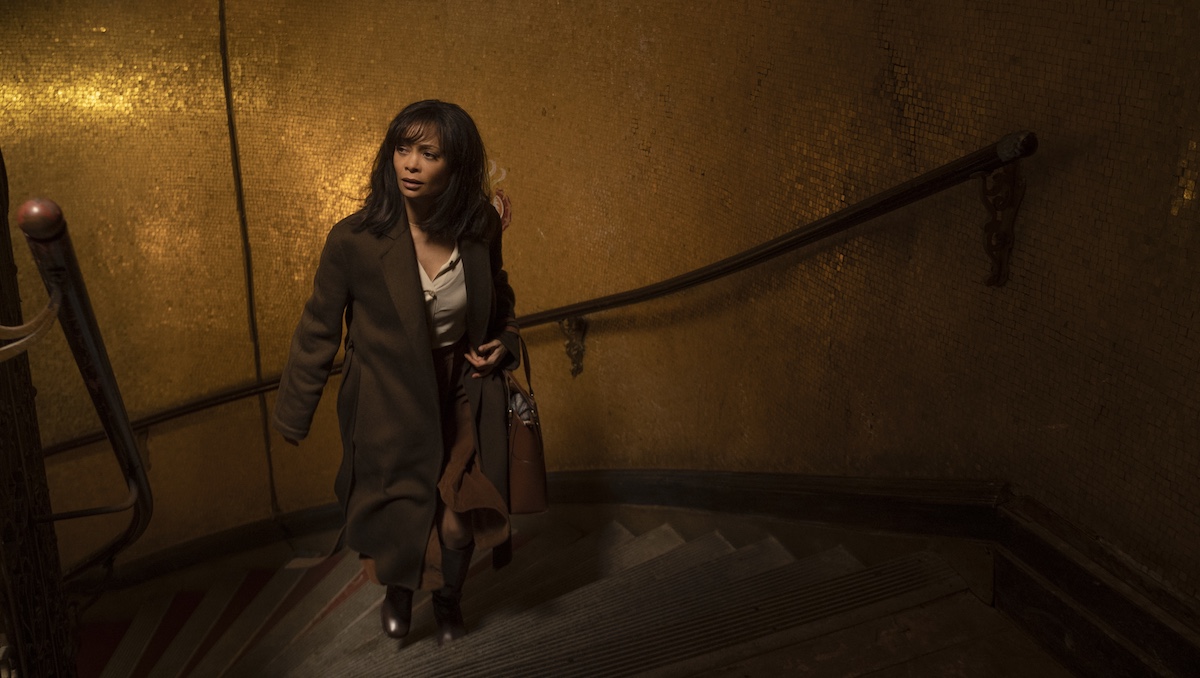
Like many films, All the Old Knives seems to make the mistake of presuming we’ll care about a relationship simply because the people are superficially likeable and they’re played by actors associated with positive roles. It seems to assume, too, that a tense espionage ambience can be conjured just by saying “CIA”, or a measure of exoticism (to non-European audiences) by saying “Vienna”.
But although All the Old Knives has been compared to the work of John le Carré, and there’s an obvious plot resemblance to Tinker Tailor Soldier Spy, what it entirely lacks—strangely, given Metz’s documentarian background—is the same sense of texture which brings le Carré’s fiction so alive. We never once feel the slightest immersion in Vienna, in the Muslim community which Celia and Henry separately venture into, or in the CIA itself. The film could just as easily be about the FBI investigating a cult in Minnesota.
With so little in the way of atmosphere and such thin characters, All the Old Knives would need much more than the average twists-and-turns plot to fully involve an audience. Unfortunately, it lacks that too: the knives in this story might have been sharp and deadly at one point in its conception, but in the form that’s reached the screen, they’re blunted and dull.
USA | 2022 | 101 MINUTES | COLOUR | ENGLISH

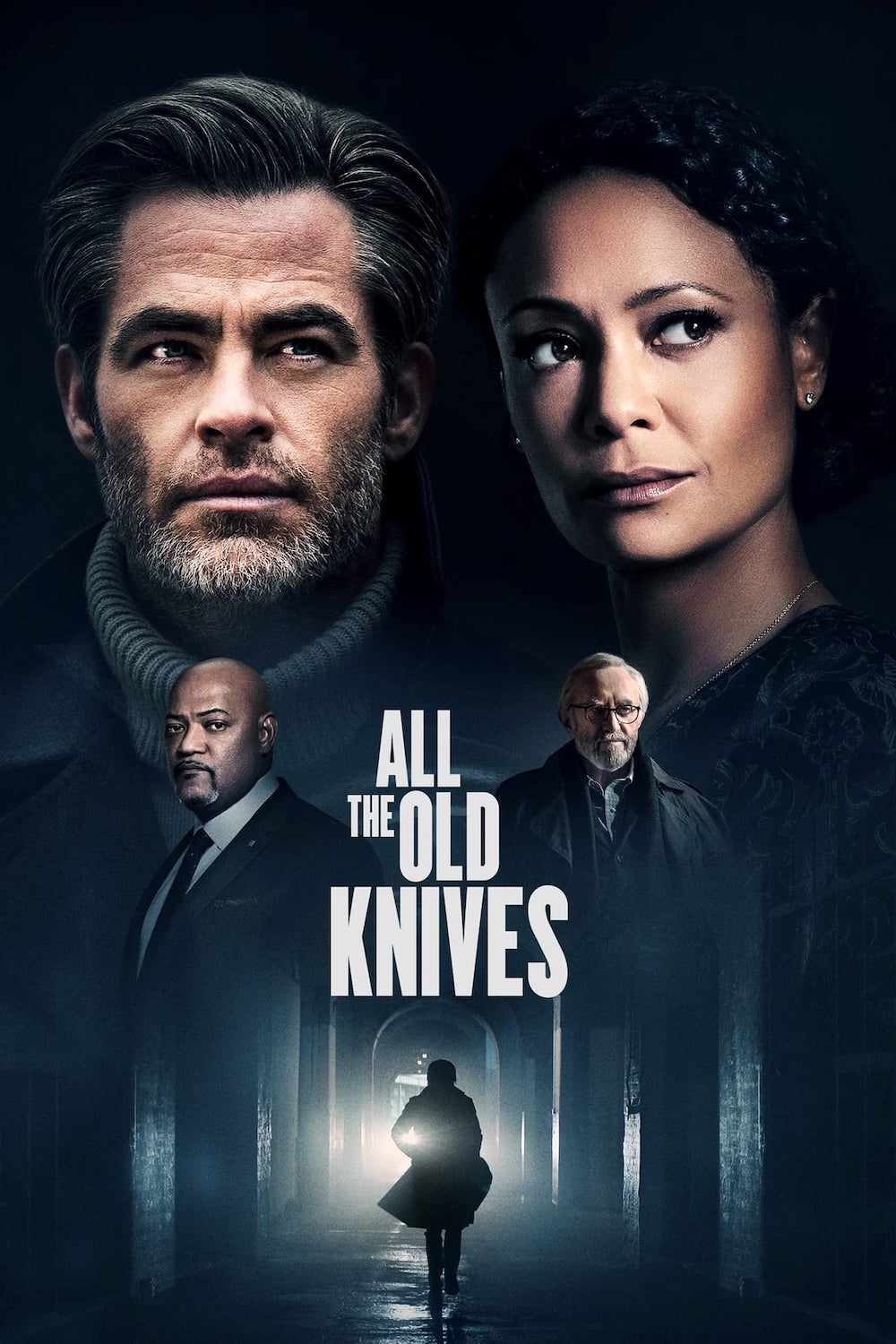
director: Janus Metz.
writers: Olen Steinhauer (based on his novel).
starring: Chris Pine, Thandiwe Newton, Laurence Fishburne & Jonathan Pryce.
